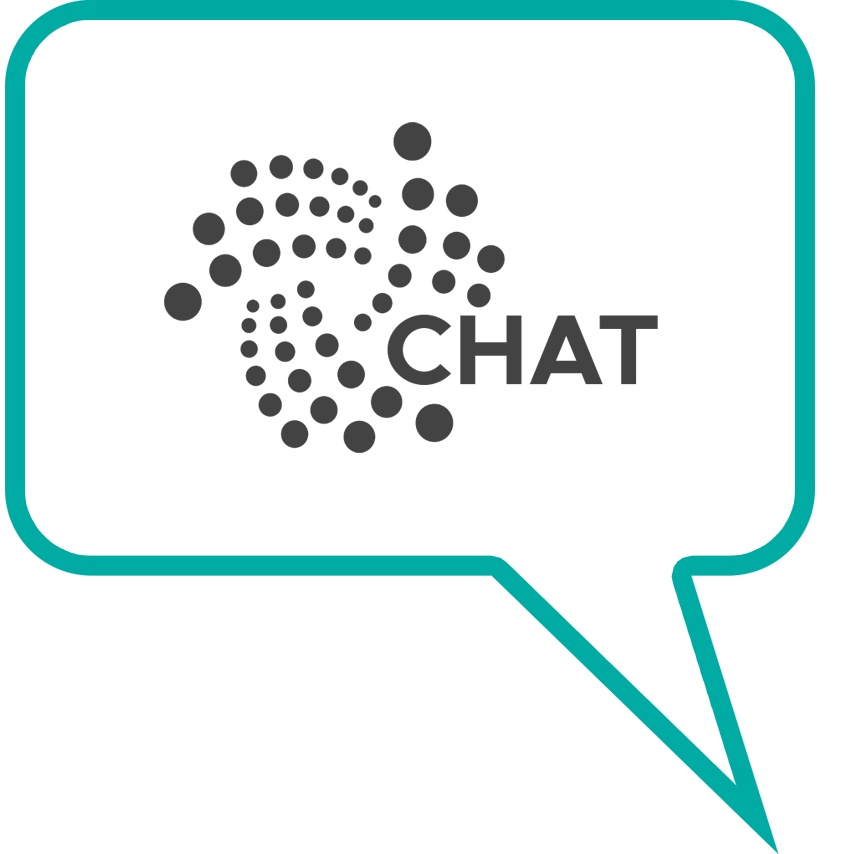
Time Ticking for EU Stablecoin Issuers as New Restrictive Regulations Loom
Upcoming Stablecoin Regulations in the European Union: What You Need to Know
On June 30th, the European Union will see new regulations come into play that will notably affect the operations of major stablecoin issuators within the 27-member state bloc. This set of regulations, part of the Markets in Crypto Assets (MiCA) legislation, places stringent limits on daily transactions for stablecoins, capping them at one million transactions per day, whether processed on-chain or off-chain, when used for purchasing goods or services.
Implications for Major Stablecoin Issuers in the EU
Prominent players in the stablecoin market such as Tether and Circle will find their operations significantly constrained under these new EU regulations. As the implementers of the USDT and USDC currencies — leading stablecoins pegged to the dollar — these issuers are faced with challenging constraints, potentially barring them from functioning within the EU if their transaction volumes exceed the set thresholds.
Robert Kopitsch, secretary-general of Blockchain for Europe, highlighted a special concern for non-EU, euro-denominated stablecoins, which if surpassing a certain usage threshold, would be prohibited from further issuance and utilization within the EU. He revealed these details at a conference in Austin, Texas, noting that these restrictions posed significant challenges given that the overwhelming majority of the stablecoin market is dominated by USD denominations.
Comprehensive Legislation and the Path Ahead
The MiCA legislation, which was ratified last year, aims to provide a uniform regulatory framework across the EU. Under this legislation, a stablecoin used as a medium of exchange exceeding the transaction limit of |1 million instances or 200 million euros a day, must cease issuance. This rule comes into full force at the end of June, with broader provisions slated for activation in December.
These regulations were initially conceived as a preventative measure against potential threats to the financial sovereignty of the euro, particularly in response to projects like Facebook’s now-defunct Diem (previously Libra). The European Banking Authority has underscored these regulations’ role in protecting the monetary system.
Despite opposition, including a 2022 petition from Blockchain for Europe and the Digital Euro Association, the rules stand. The measures do not, however, preclude the issuance of stablecoins not used as a direct medium of exchange for goods or services, allowing certain operational maneuvers within the market.
Adjustments and Compliance Strategies for Stablecoin Issuers
Given the restrictions, major stablecoin issuaries have been preparing to adjust their operations. Tether, for example, has been closely liaising with its European exchange counterparts to ensure compliance with the upcoming regulations. Paolo Ardoino, CEO of Tether, emphasized the importance of maintaining balanced regulations that protect consumers while fostering growth within the burgeoning sector.
Similarly, Circle has taken proactive steps by conditionally registering as a Digital Asset Service Provider with the French Financial Markets Authority and is working towards securing an e-money license aimed at ensuring compliance with the MiCA regulations. This paves the way for the introduction of EURC, a euro-backed stablecoin from Circle France.
Conclusion
These regulatory developments in the EU signal a tightening of norms for the burgeoning cryptocurrency sector, particularly for stablecoins which have so far enjoyed relatively expansive operational freedoms. As the deadline approaches, the upcoming regulations set the stage for significant changes in how stablecoins are utilized within the European markets, with wider implications for the global crypto landscape. This pivotal period will showcase how adaptability and regulatory compliance can coexist within the innovative realm of digital currencies.


